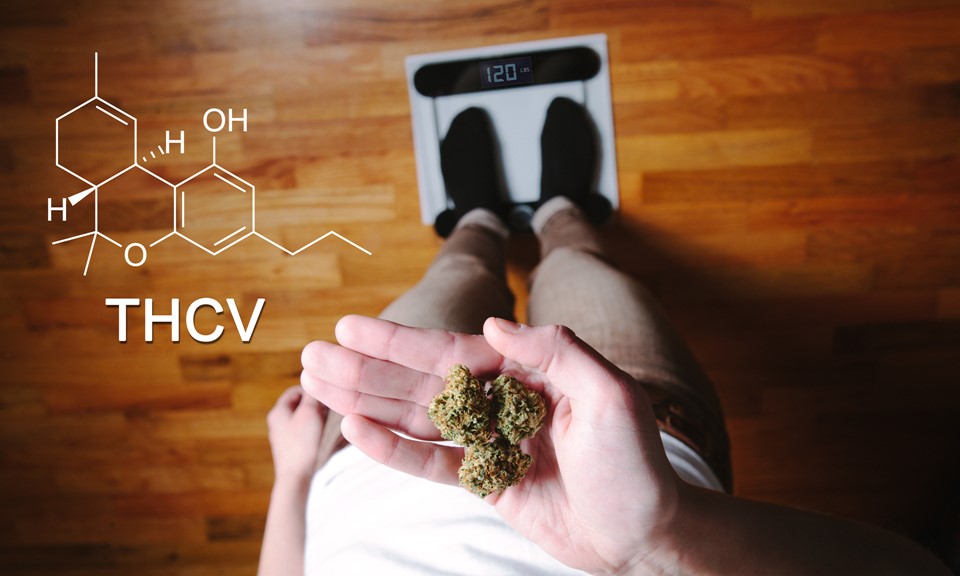Tetrahydrocannabivarin (THCV) is a cannabinoid substance found in marijuana and hemp plants. It's chemically comparable to tetrahydrocannabinol (THC) however with some crucial distinctions. Here's everything you require to learn about THCV consisting of the threats, benefits, differences, and similarities with other forms of THC and more. What Is THCV? THCV is a less typical cannabinoid found in some stress of cannabis, specifically African sativa.
 The Therapeutic Value of THCV • truPhys
The Therapeutic Value of THCV • truPhys
![]() Tetrahydrocannabivarin - Wikipedia
Tetrahydrocannabivarin - Wikipedia
 THCV: Everything You Need to Know CannaMD
THCV: Everything You Need to Know CannaMD
THCV has a 3-carbon side chain rather than THC's 5-carbon side chain. This difference is subtle, however it has an obvious impact on the impact profile. THCV is somewhat psychoactive however just about and about. What Does THCV Feel Like? THCV has a strong energy-boosting part to it, that makes it especially popular amongst trainees and athletes.
In the United States, THCV regulation is nuanced. THCV is not a Schedule I Drug, but marijuana extracts are making it rather uncertain what the federal position is on THCV. The 2018 Farm Costs states that hemp plants and all derivatives of the plants are legal on a federal level, numerous business follow this law and still provide THCV to clients by just extracting the compound from hemp plants.
If THCV is thought about a THC analog, it could be controlled in the future by the very same rules as THC under the Federal Analog Act. This act mentions that any substance that shares a comparable molecular profile as a known forbidden compound it's consisted of in the same drug Set up category.
What Are the Impacts of THCV? Proponents of THCV report that it produces an extreme burst of energy and makes them feel blissful without the mental cloudiness triggered by THC. The impacts are extremely moderate compared to THC. The results are practically exclusively cognitive yet somehow have extremely little effect on headspace.
2. THCV & Hunger Some THCV users claim that it curbs their appetite. This is a common impact of other focus-enhancing substances. It's as though THCV eliminates the distraction of other physical processes (like hunger) in order to preserve resources and attention to cognitive tasks rather. How Does THCV Work? Cannabinoids produce biological impacts in the body by connecting with endocannabinoid receptors.
CB1 receptors are situated in the worried system and connect with neurotransmitters in the brain to produce mind-altering effects. Interaction with CB1 sites is what offers some cannabinoids like THC their psychoactivity. THCV is a bit tricky to understand since it's mostly a CB1 antagonist, meaning it has the opposite impact as THC.
While scientists are still looking for to comprehend this procedure, it appears THCV has the ability to obstruct the results of CB1 in low dosages and promote them in high dosages. CB2 receptors are found primarily in the body immune system. THCV is a partial agonist of CB2, but the effects of this partial activity aren't popular, and it relatively has no noticeable effect on THCV users' experience.
As discussed in the previous area, THCV is a CB1 villain in low dosages which is the precise opposite effect of delta 8 and delta 9 THC. This could mean that THCV counteracts some of the psychedelic results of THC. This result might explain why individuals who use THCV feel so clear-headed especially compared to the infamous "fogginess" induced by delta 9 THC.